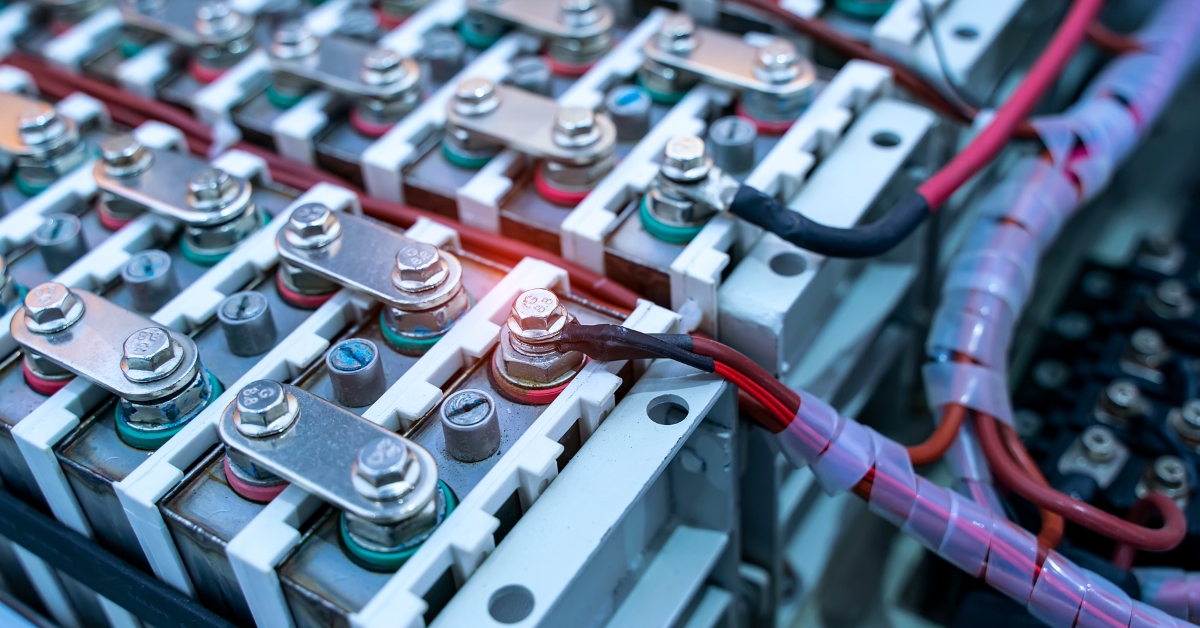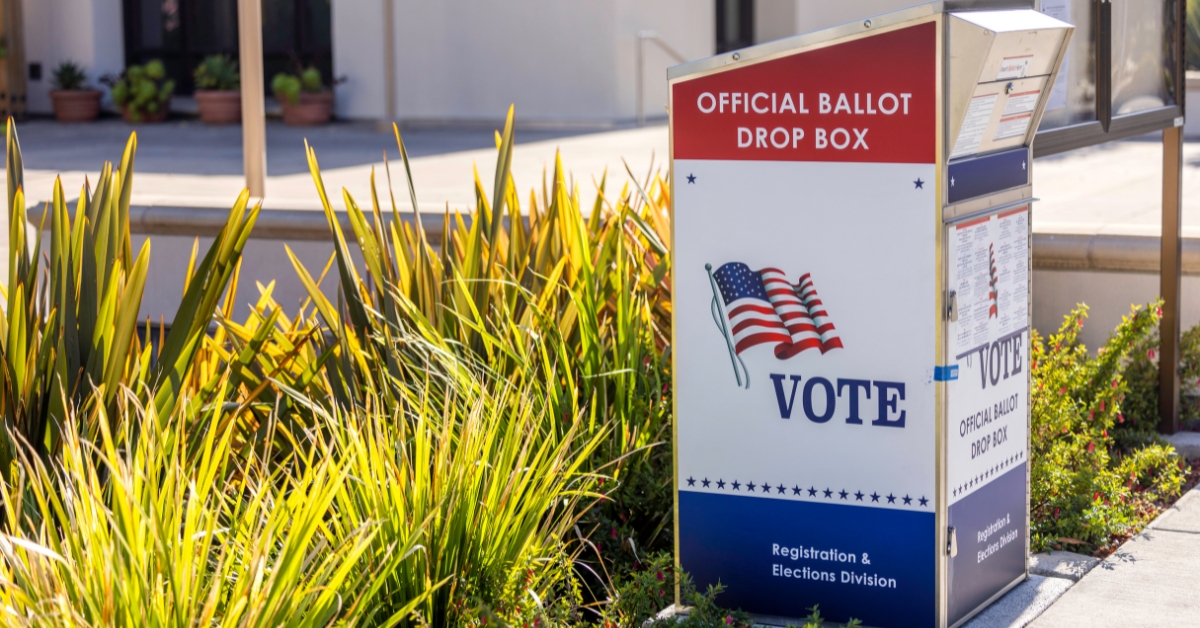
New Jersey to Ban Gas-Powered Cars
New Jersey recently joined the list of states planning to ban the sale of new internal combustion engine (ICE) vehicles by 2035. While Democrat Governor Phil Murphy seems determined to push forward with green energy initiatives, it’s worth noting that even with the push for electric vehicles (EVs), they have failed to gain widespread popularity among the American populace.
Connecticut, just a week prior to New Jersey’s announcement, had considered similar legislation but ultimately abandoned the idea. Democrat Governor Ned Lamont and lawmakers likely faced opposition within their own party, as well as backlash from constituents.
One of the primary reasons for the reluctance to embrace EVs is that the majority of Americans simply do not want them. Despite the efforts of Democrat lawmakers and environmental enthusiasts, EVs have struggled to capture more than a fraction of the new car market.
Consumers have valid concerns about EVs, including range anxiety, lack of charging infrastructure, inadequate electric grids, poor performance in cold climates, and the overall expense. These concerns are based on practical considerations, not misinformation campaigns by the fossil fuel industry as some environmental activists like to claim.
In fact, nearly 4,000 dealerships signed a letter urging President Biden to reconsider federal regulations that compel car companies to produce EVs. These retailers have a pulse on customer demand and understand that consumers should have the freedom to choose the vehicles that best suit their needs.
The National Automotive Dealers Association points out that an EV mandate disregards real-world consumer demand and significantly reduces consumer choice.
Car manufacturers are also grappling with the financial challenges of EV production. Many are reporting significant losses per EV sold, and dealerships are being forced to slash prices to clear their lots. Even Elon Musk is reconsidering plans for a billion-dollar plant in Mexico.
Furthermore, the environmental benefits of EVs are debatable. The production and manufacturing of EVs are emissions-heavy processes, and depending on the make and model, it could take years for an EV to offset the emissions generated during its production.
While nine other states are still pursuing restrictions on ICE vehicles, it remains to be seen if this list will expand or shrink. Hopefully, more officials will realize that such mandates are not only impractical but also incompatible with a market-based economy that respects consumer choice.
In the end, it’s clear that Americans want the freedom to make their own choices when it comes to their vehicles. Great ideas should thrive in a free market, without the need for government coercion. It’s time for policymakers to recognize that and respect the principles of a market-based economy.














